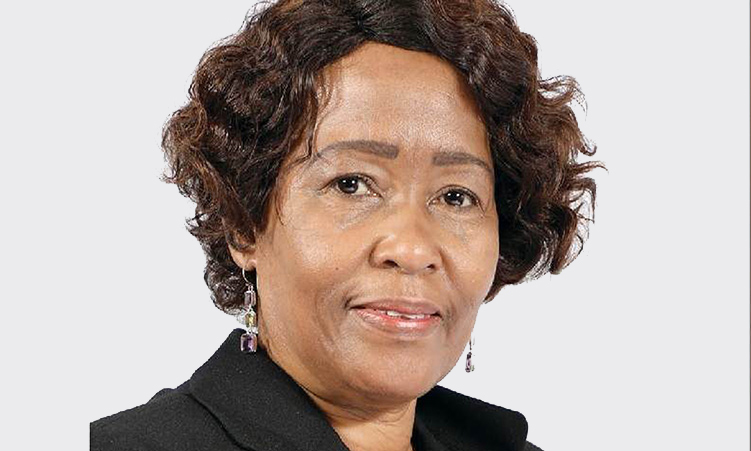KAZEMBIRE Zemburuka’s last edition of ‘Open File’ focused on the town of Maltahöhe.
It showed key players at their trade: shebeen owners, gamblers, entrepreneurs of all kinds, including farmworkers who brought wood and other life-sustaining resources to sell in town. Like in the past I saw desperate faces of determined parents who knew that none but themselves had to provide for their families and had to keep the pot on the fire. And I recalled a statement made by my former business partner Kobie Coetzee, who once said in standard Afrikaans: ‘Luister Bob, if we at independence had made education, including tertiary education, free and compulsory, we would by now have closed all the prisons of this nation.’As I watched ‘Open File’ I identified some of the places at Maltahöhe that I used to see and visit during the years of the struggle for Namibia. I was struck by the extent to which little seemed to have changed and I said to myself: these parallels are frightening.Maltahöhe lies about 65 kilometres west of Mariental. I once arrived there on the evening of a hot day in October of 1986 during a severe drought in the country. The Council of Churches in Namibia had raised resources to address the plight of the communities and I co-ordinated this effort. I had travelled all day through Groot Aub, Hoachanas, Tses and as I felt hungry, I stopped at a food outlet near the Hudup market in town to see what I could pick up to eat. As I approached the entrance, the attendant showed me to the window. I paused and then decided to walk on into the take-away. A stocky man emerged from behind the counter and sternly showed me to the window. I stopped and as I looked around I saw three young men hanging around across the street. One of them walked across and said: ‘Comrade Bob, this is Maltahöhe… I think Comrade Bob must just go to the window.’ The message hit home and I went to the window. When I later arrived at the residence of Pastor Schmidt of the African Methodist Church (AME) where I stayed for the night I shared my experience with him, he was not surprised.The Maltahöhe I saw on Kazembire’s programme resembled the Maltahöhe of 1986 in more ways than one. The economy remains depressed and dependent on factors beyond the control of the regular residents of Maltahöhe. The average resident seems to survive by what in contemporary slang in Namibia calls ‘zula to survive’. Gambling, selling alcohol and whatever else seems to be the order of the day. According to the Chief Executive Officer of the Maltahöhe Council, Tjatjitirani Kandukira, one of the difficulties is the community’s inability to afford basic services such as drinking water. For instance, the Council buys water from NamWater to the value of N$50 000 a month and has to sell the water to the community to the value of N$30 000. This implies a loss or subsidy of N$20 000. Little wonder that everybody has to zula to survive.In the final analysis, Maltahöhe is not alone. The same problem is faced by other old villages and towns and one wonders what will happen when the new ones that are lined up are proclaimed on the same model. In Omaheke for instance, villages like Otjinene, Otjombinde, Epukiro and Aminuis are the front-runners and little wonder that the Omaheke Council is somewhat stuck in its tracks.
Stay informed with The Namibian – your source for credible journalism. Get in-depth reporting and opinions for
only N$85 a month. Invest in journalism, invest in democracy –
Subscribe Now!










